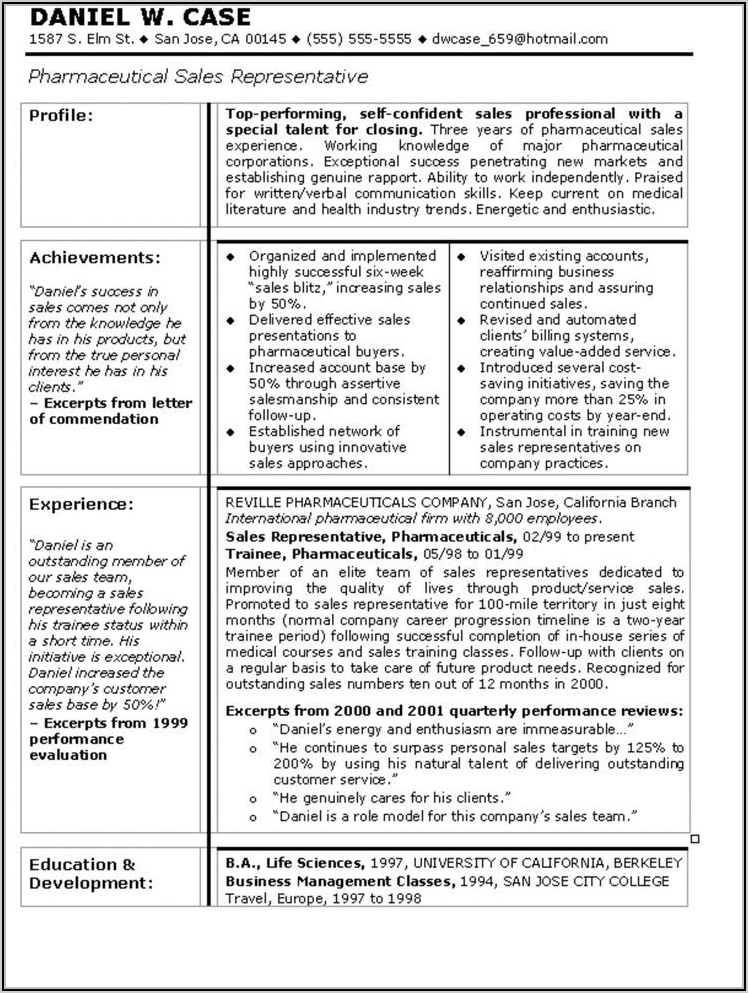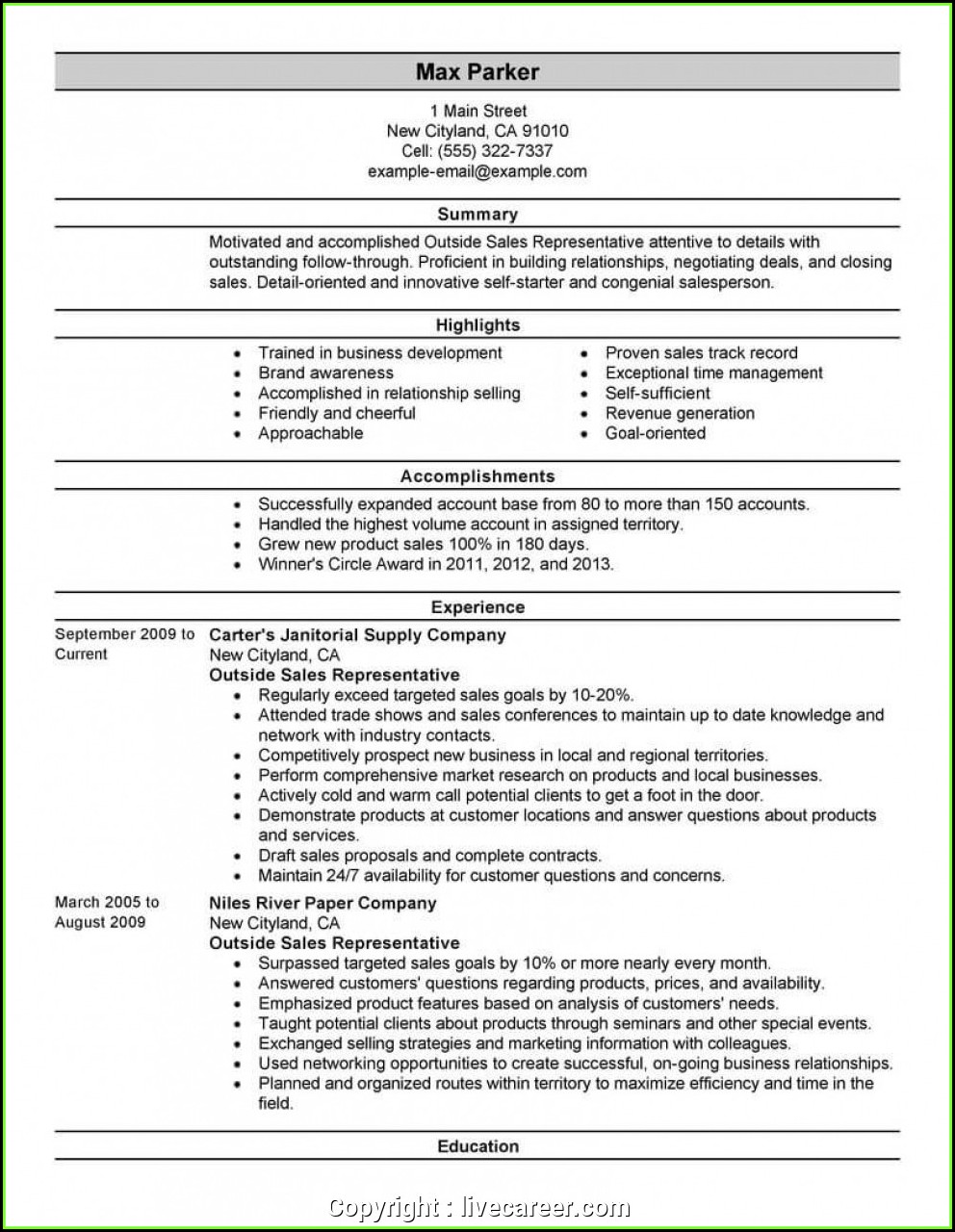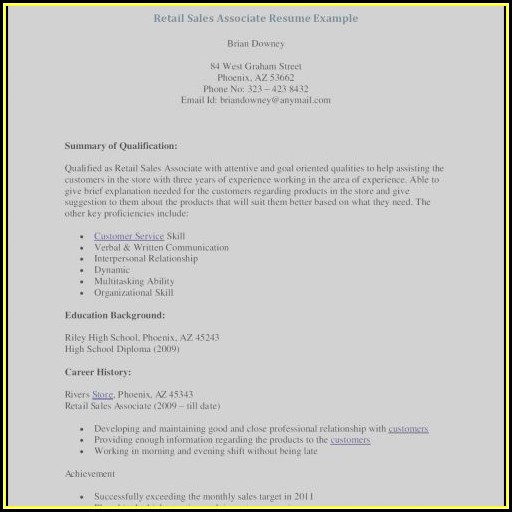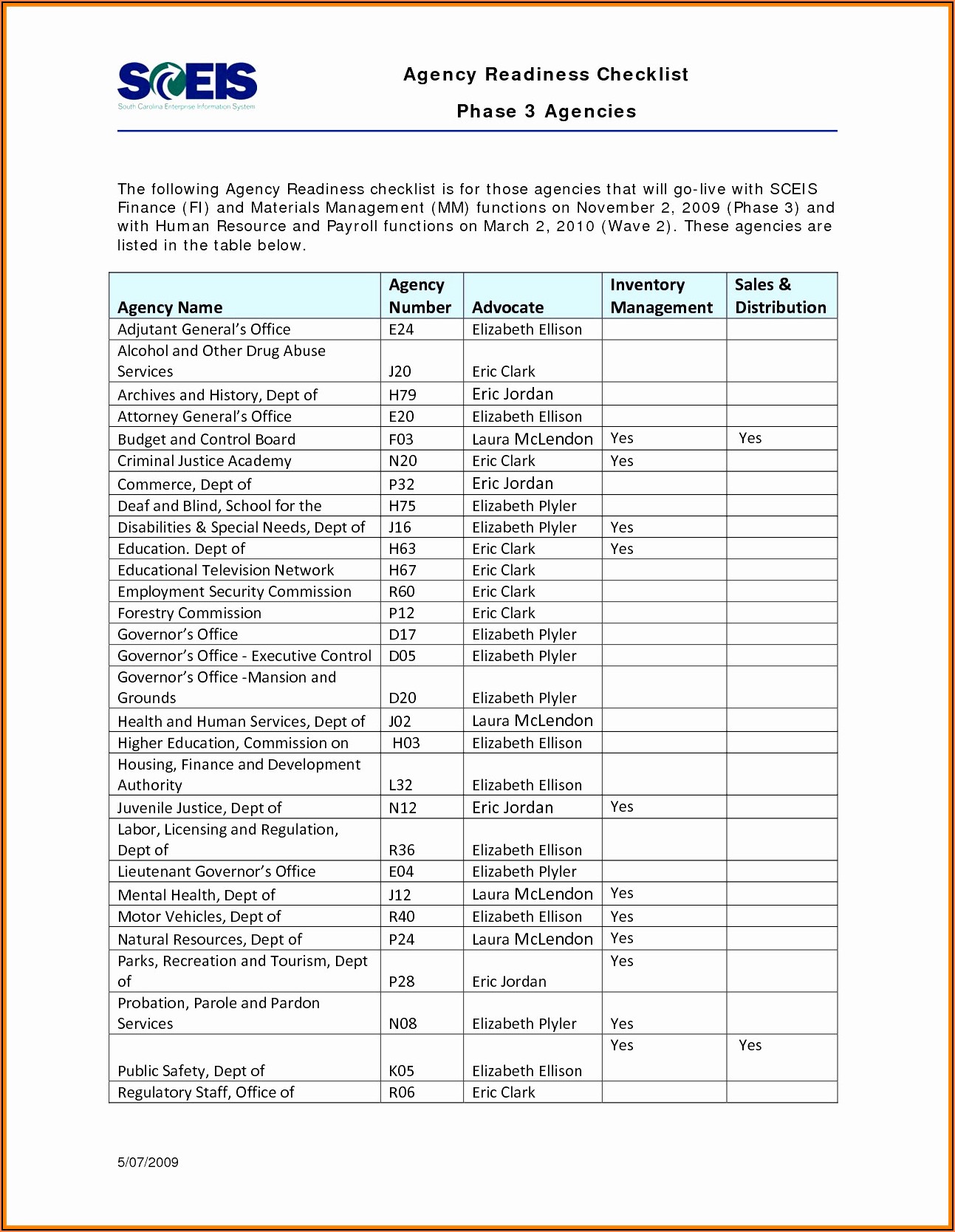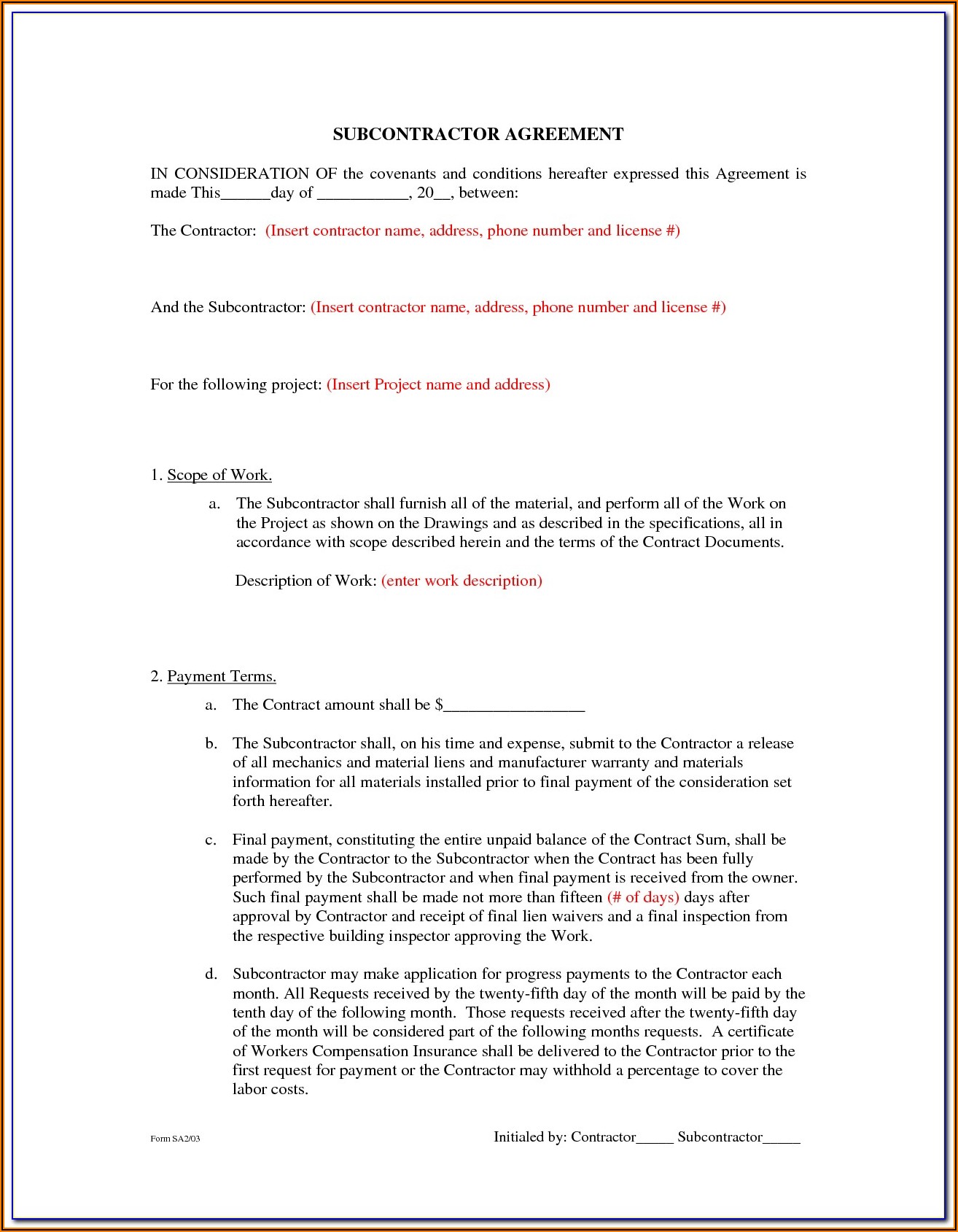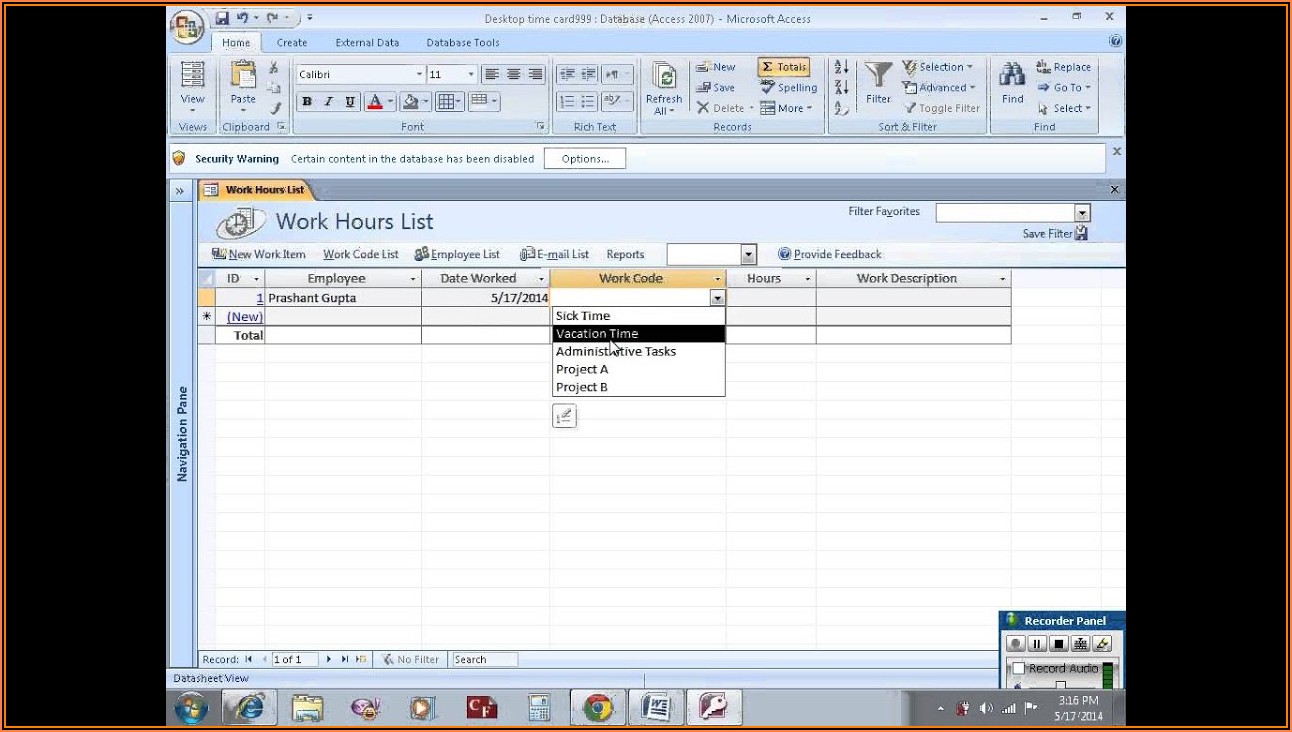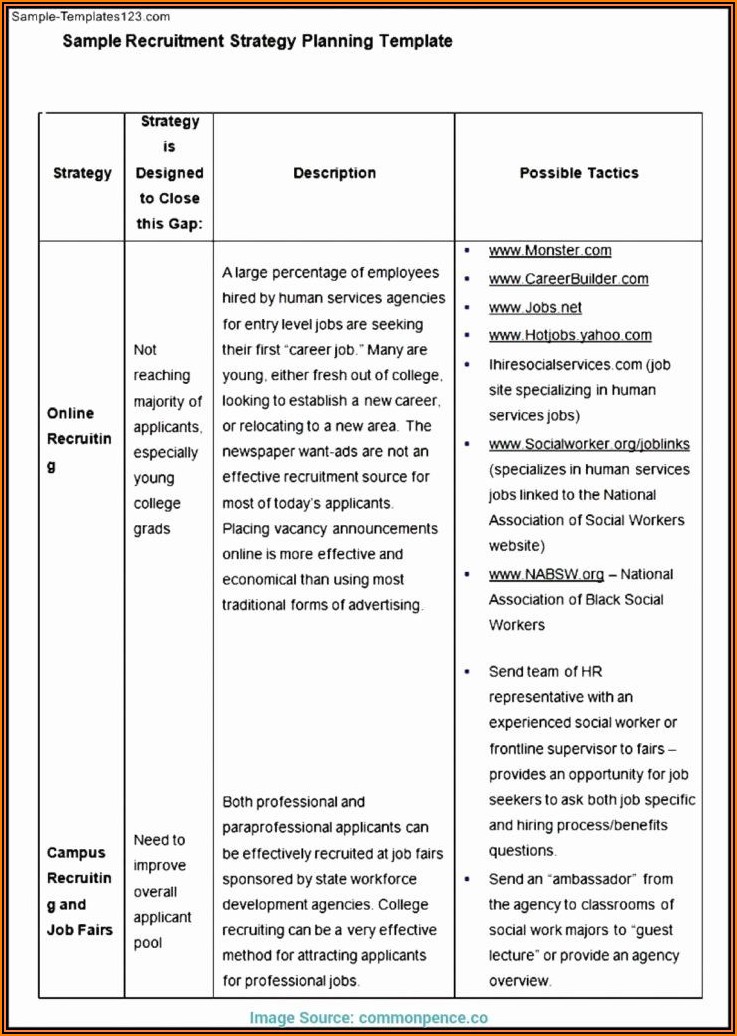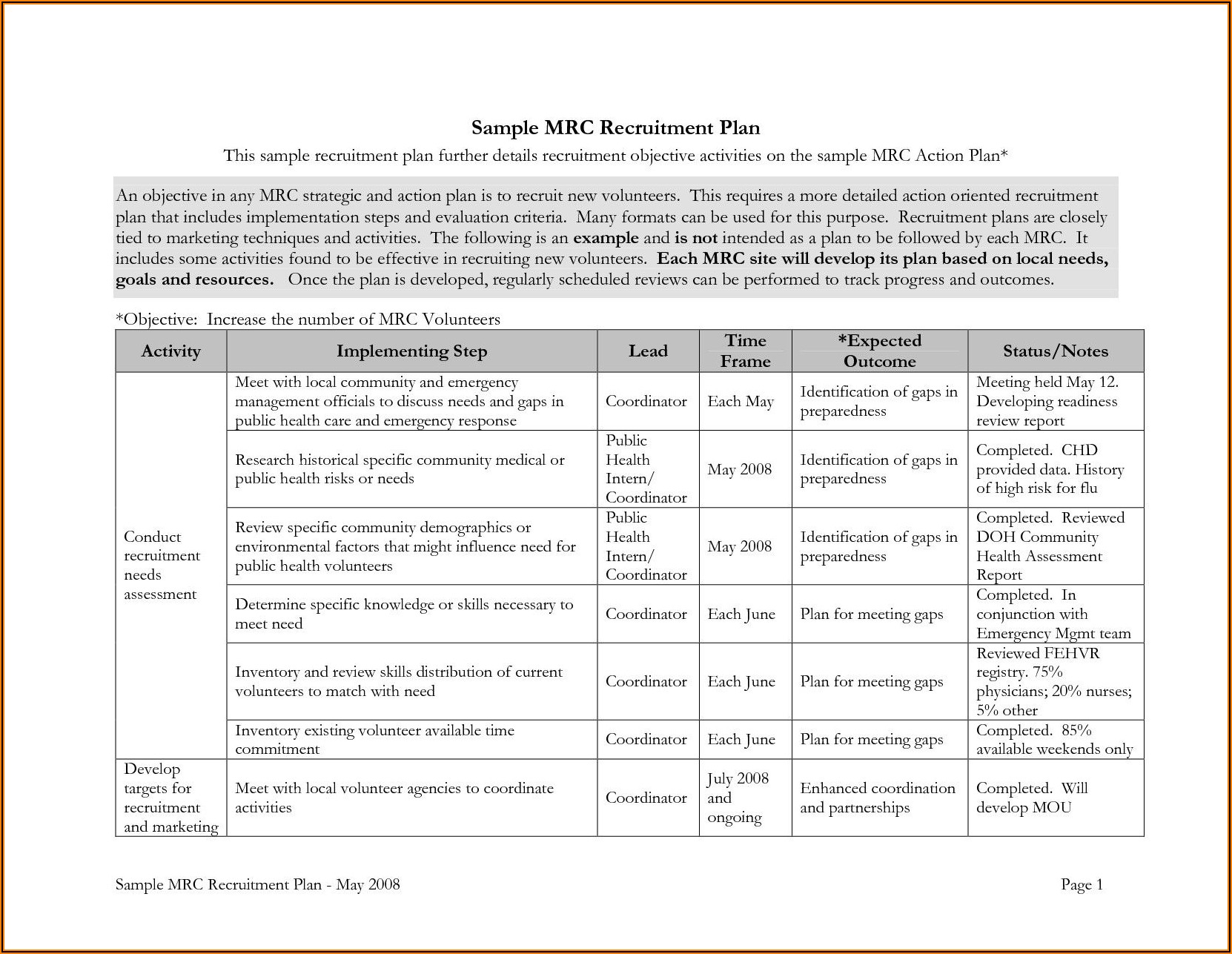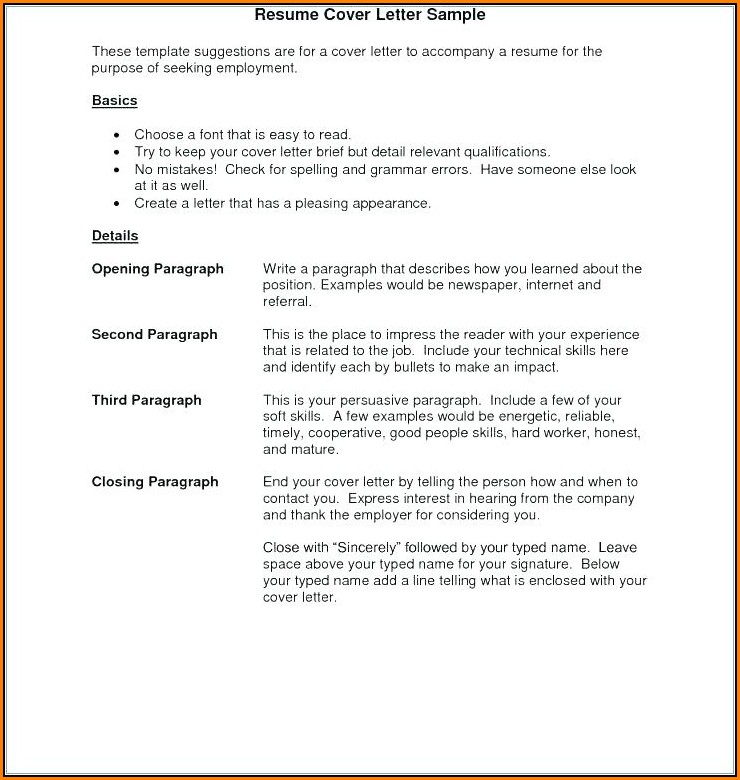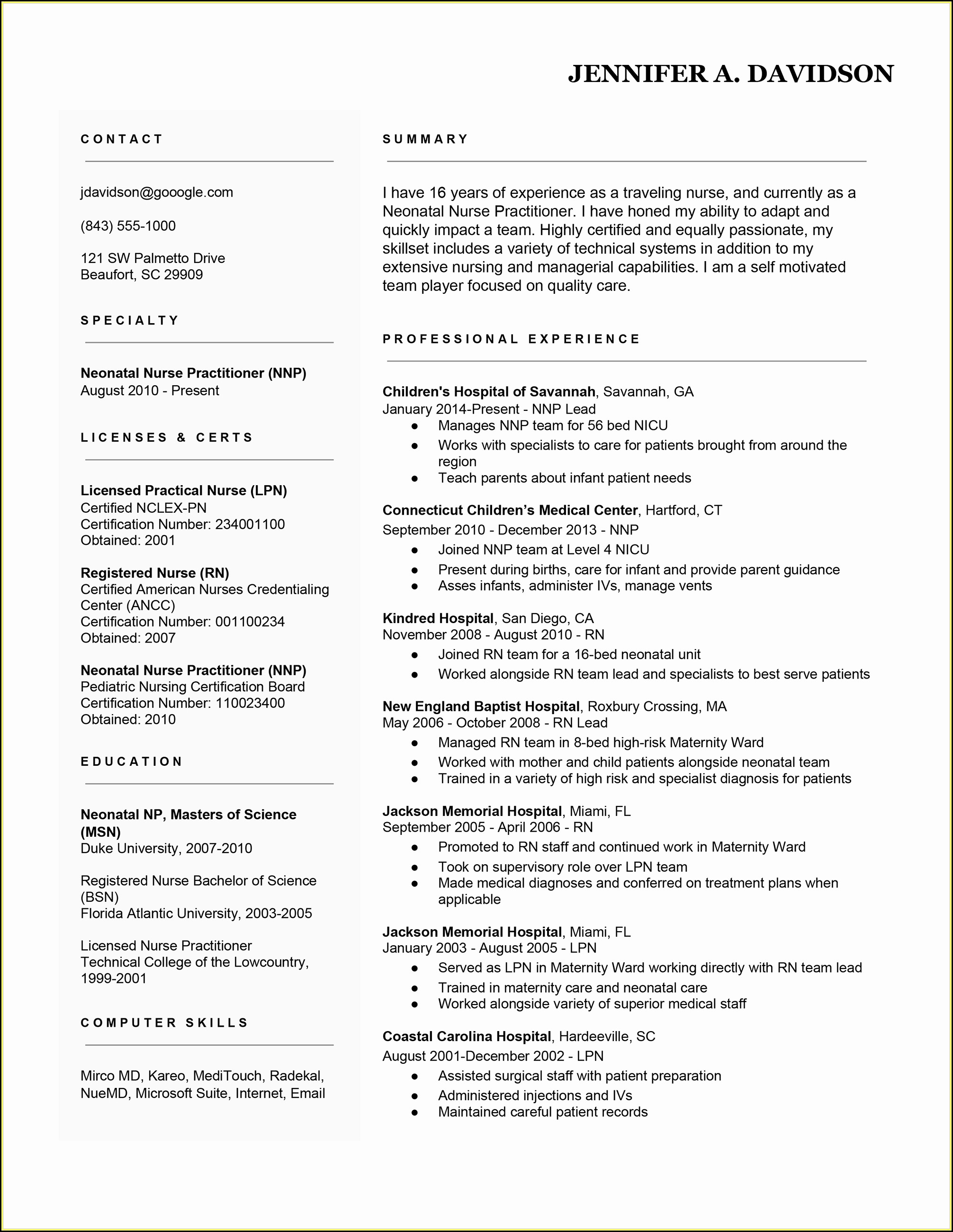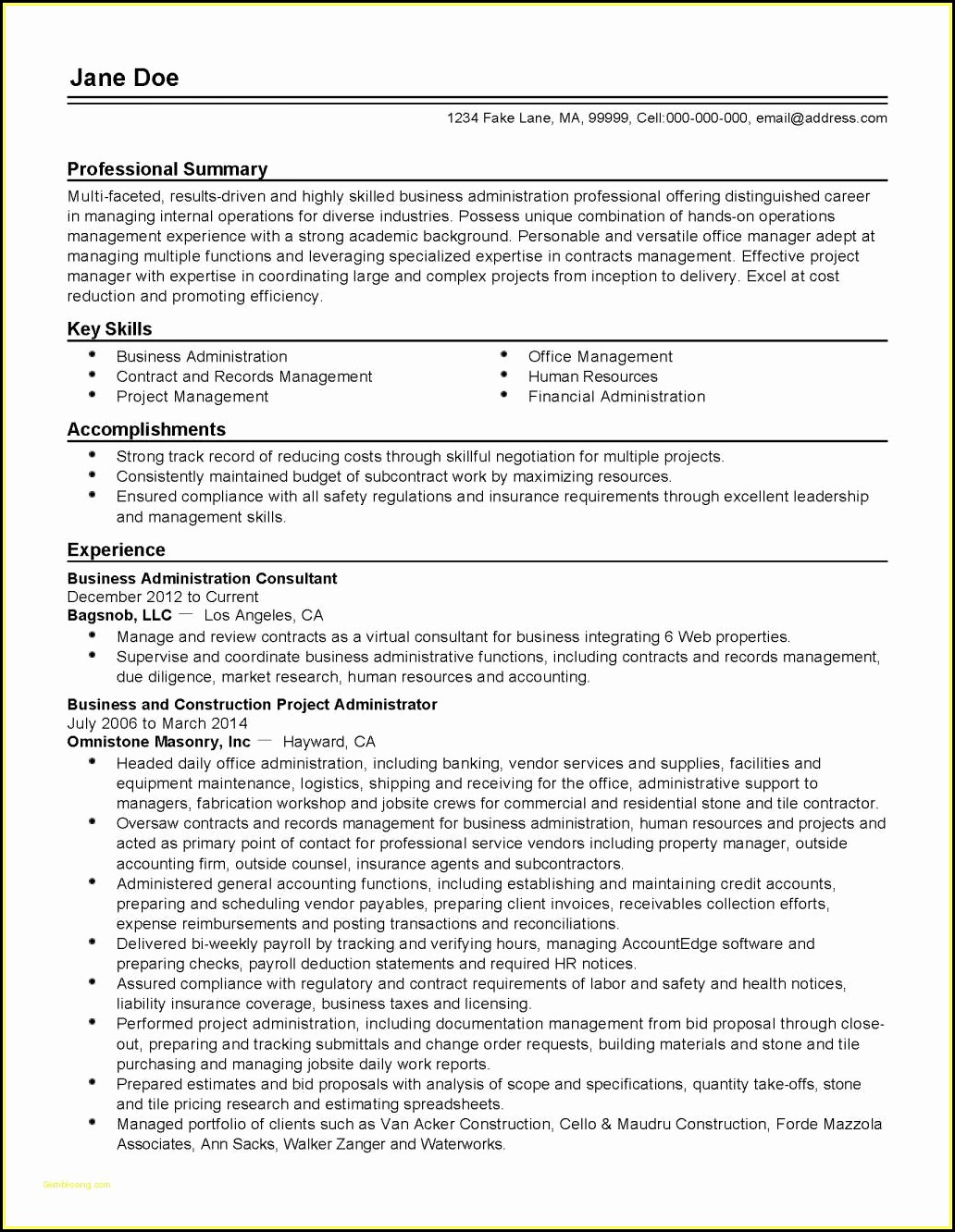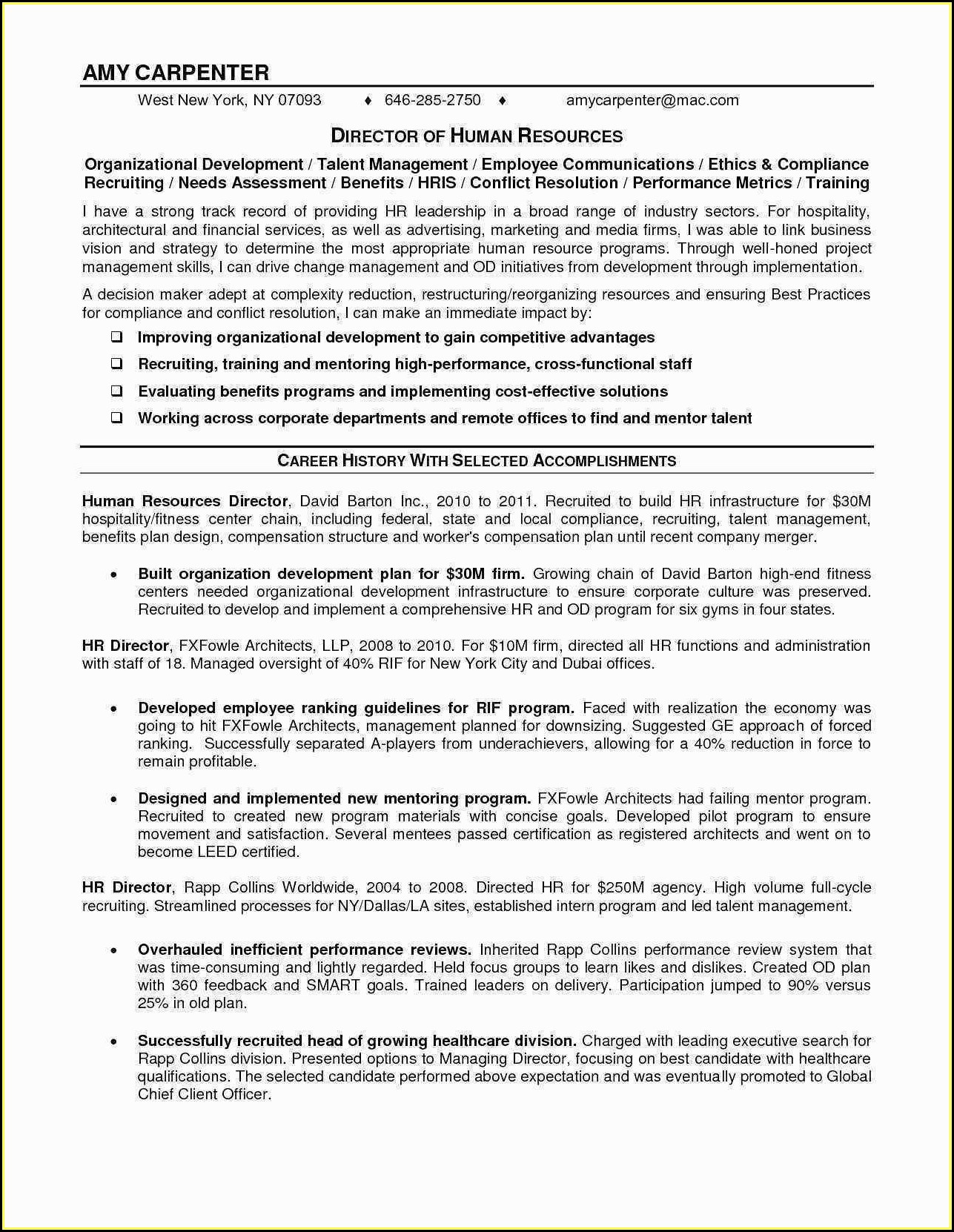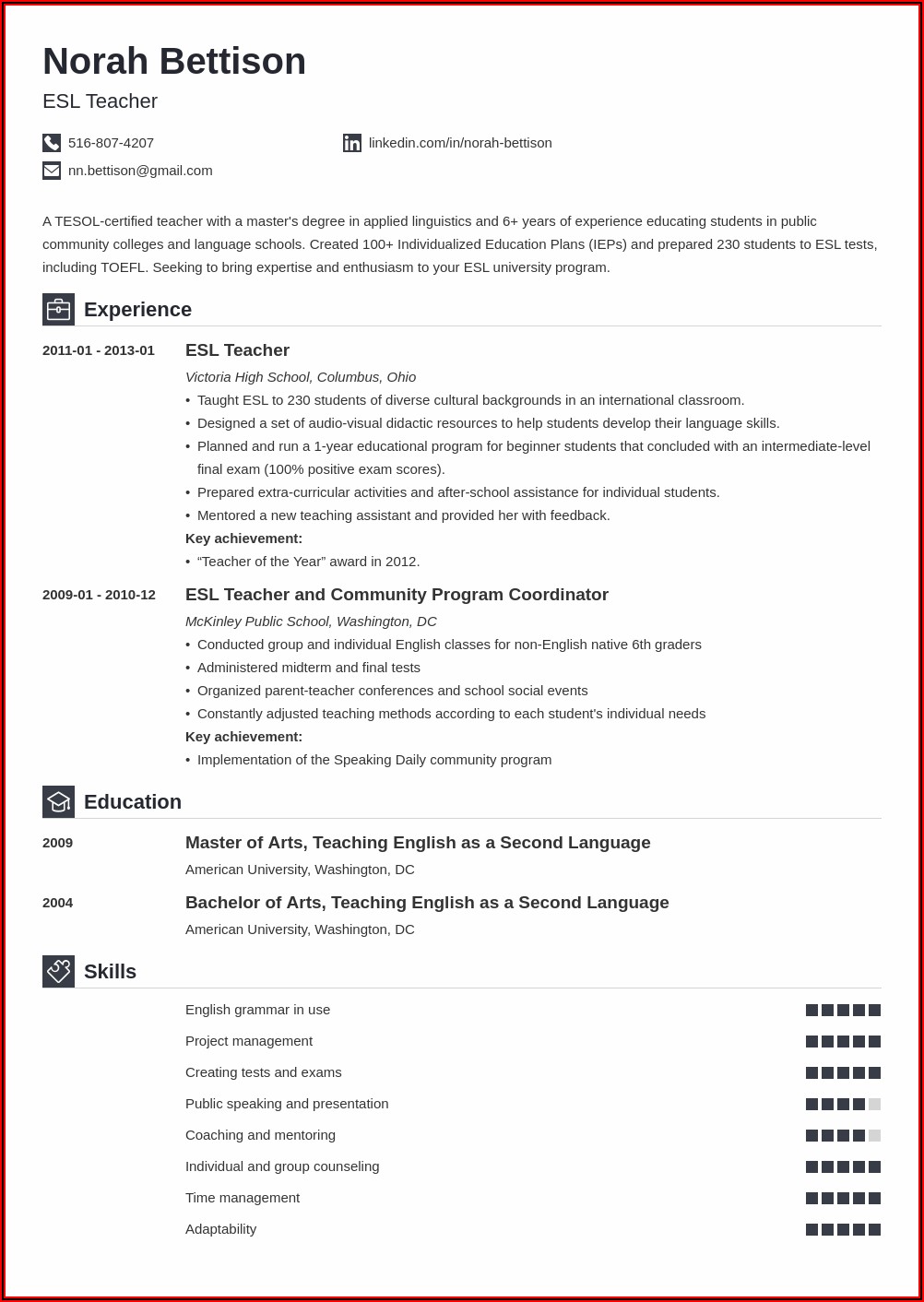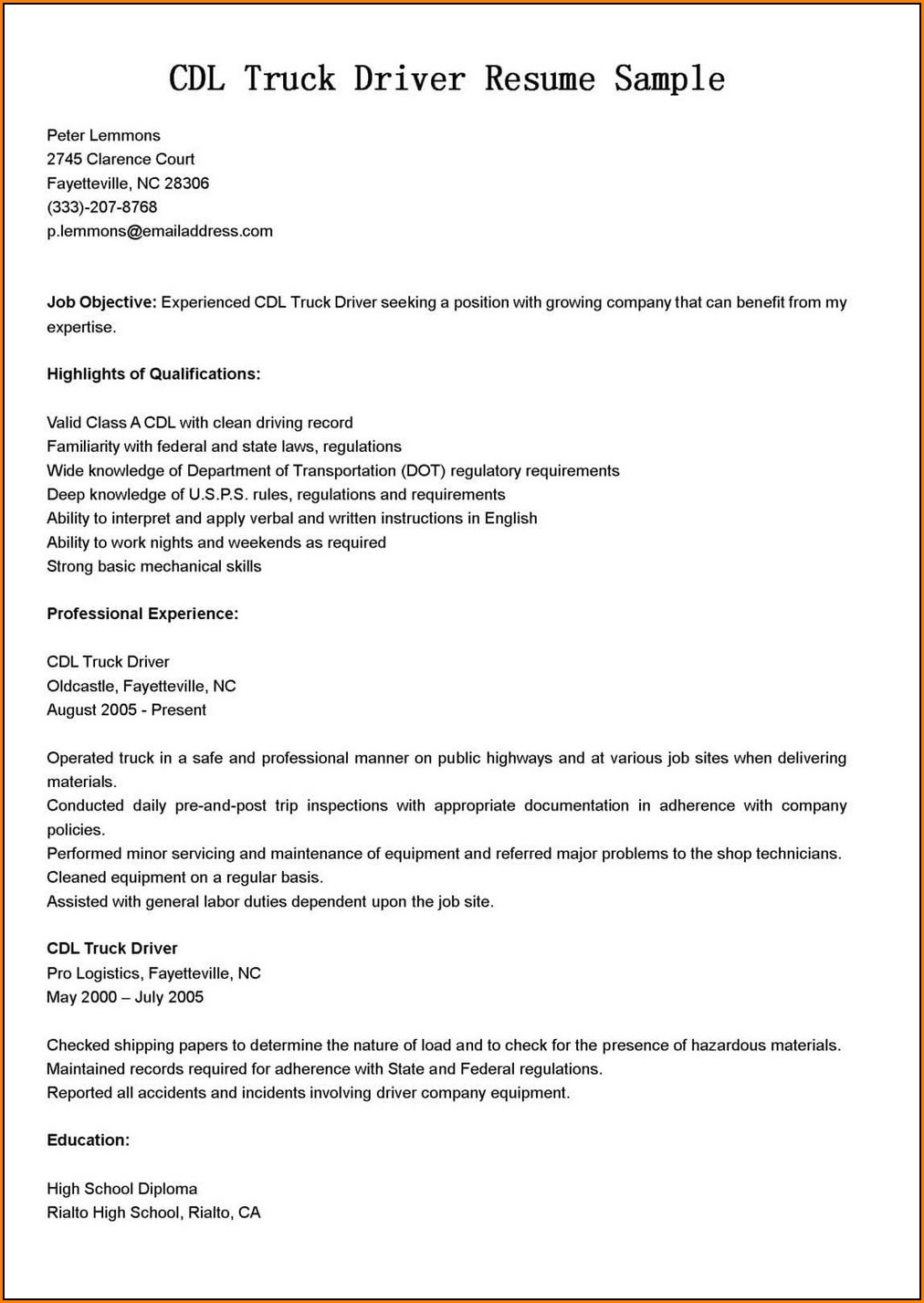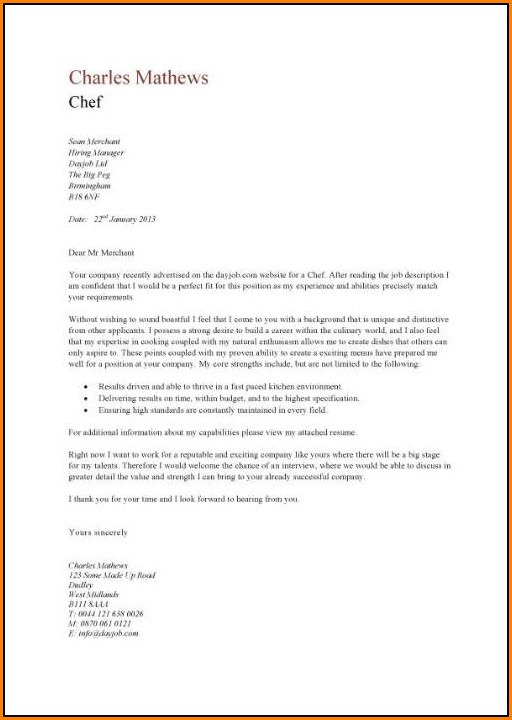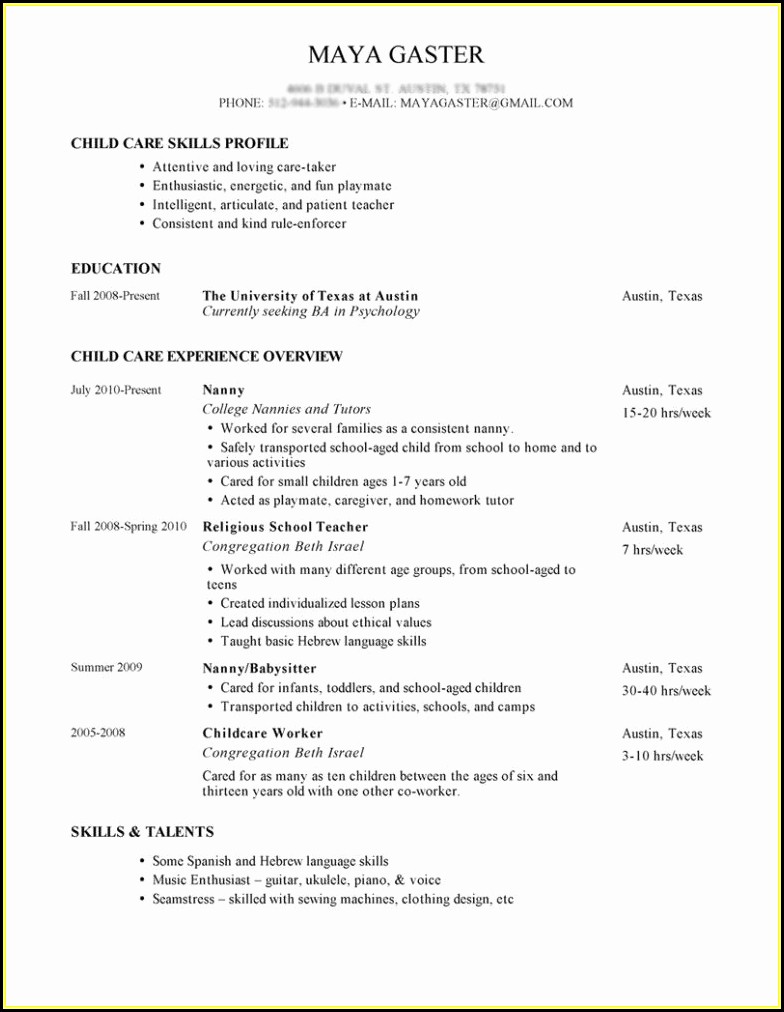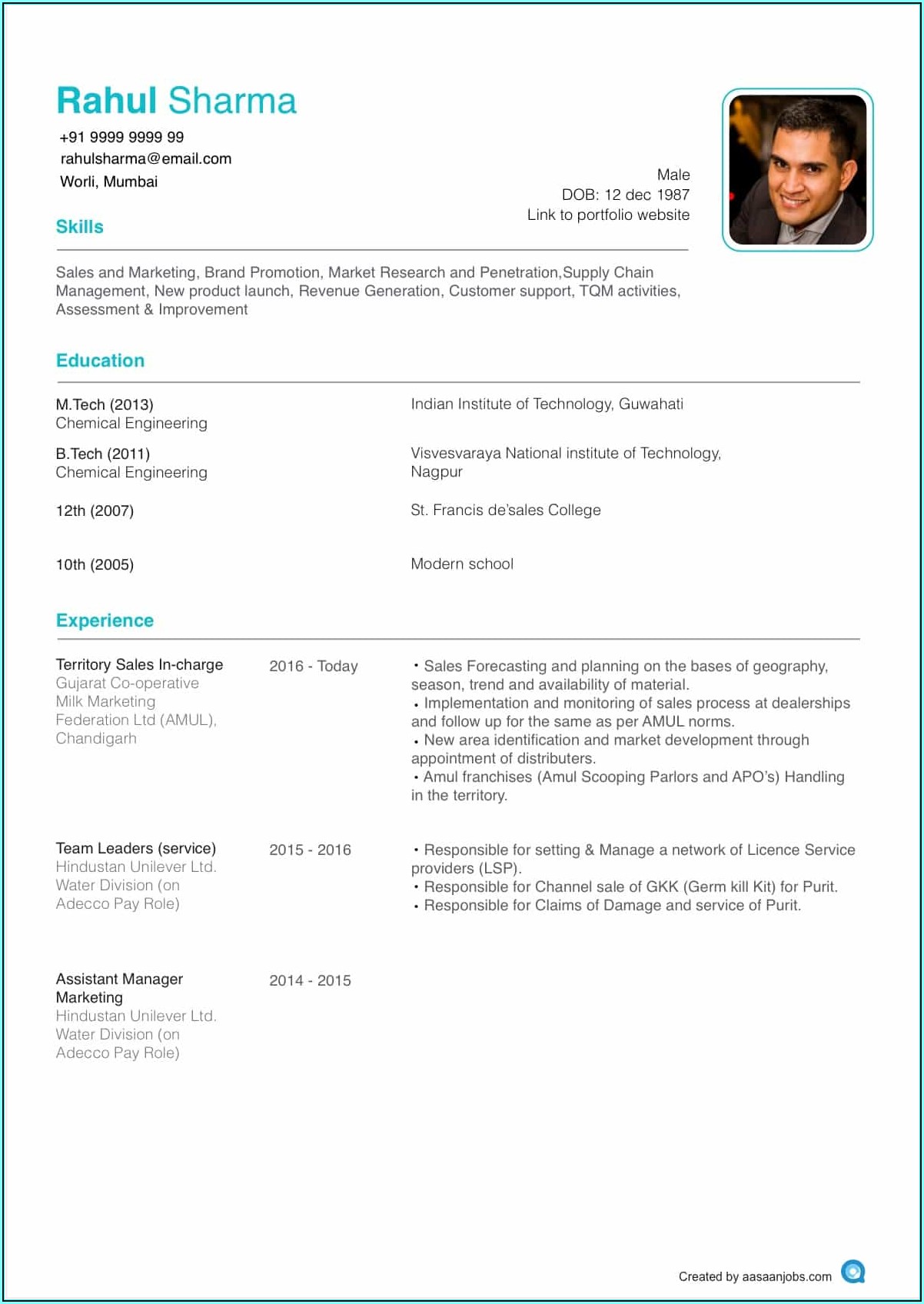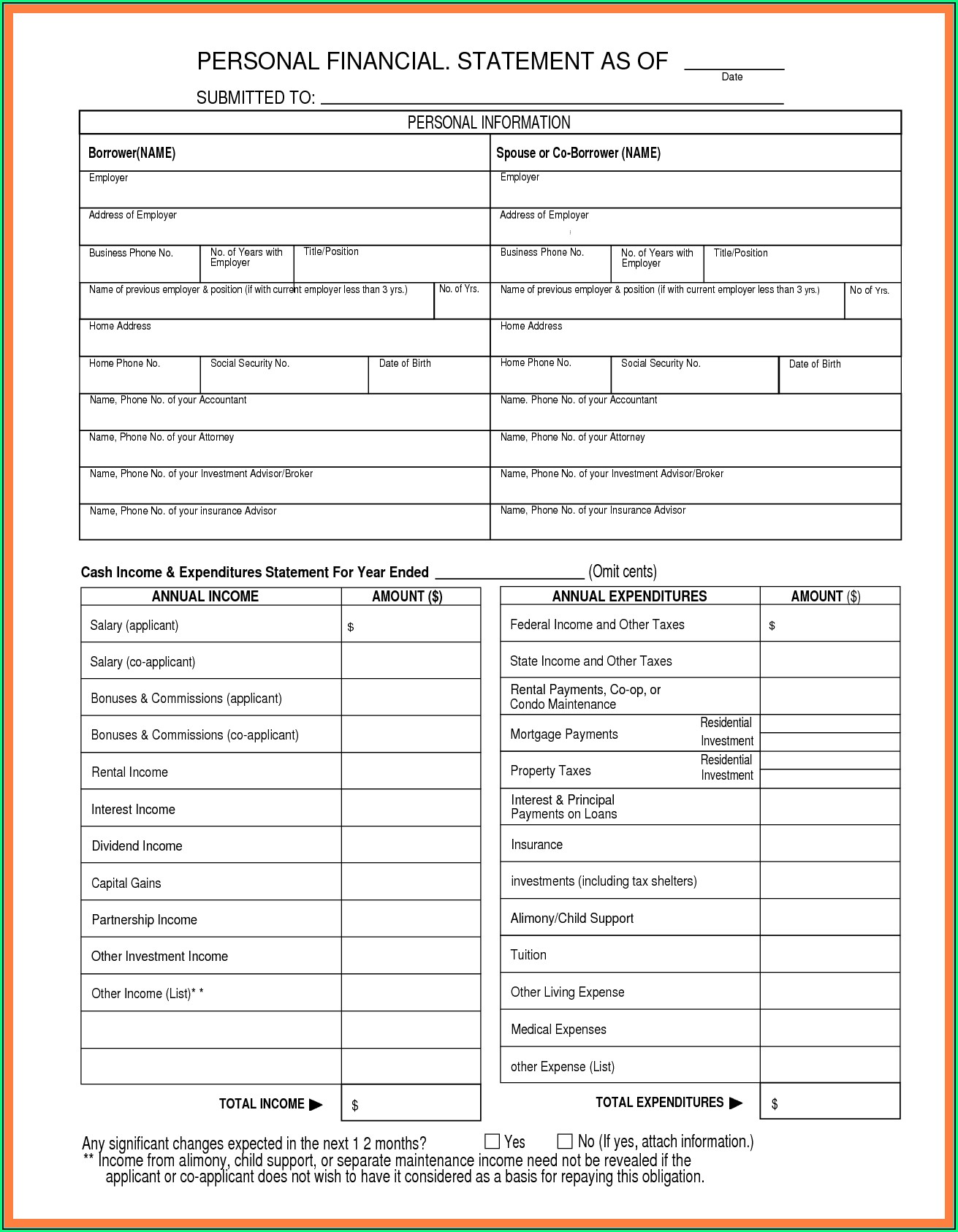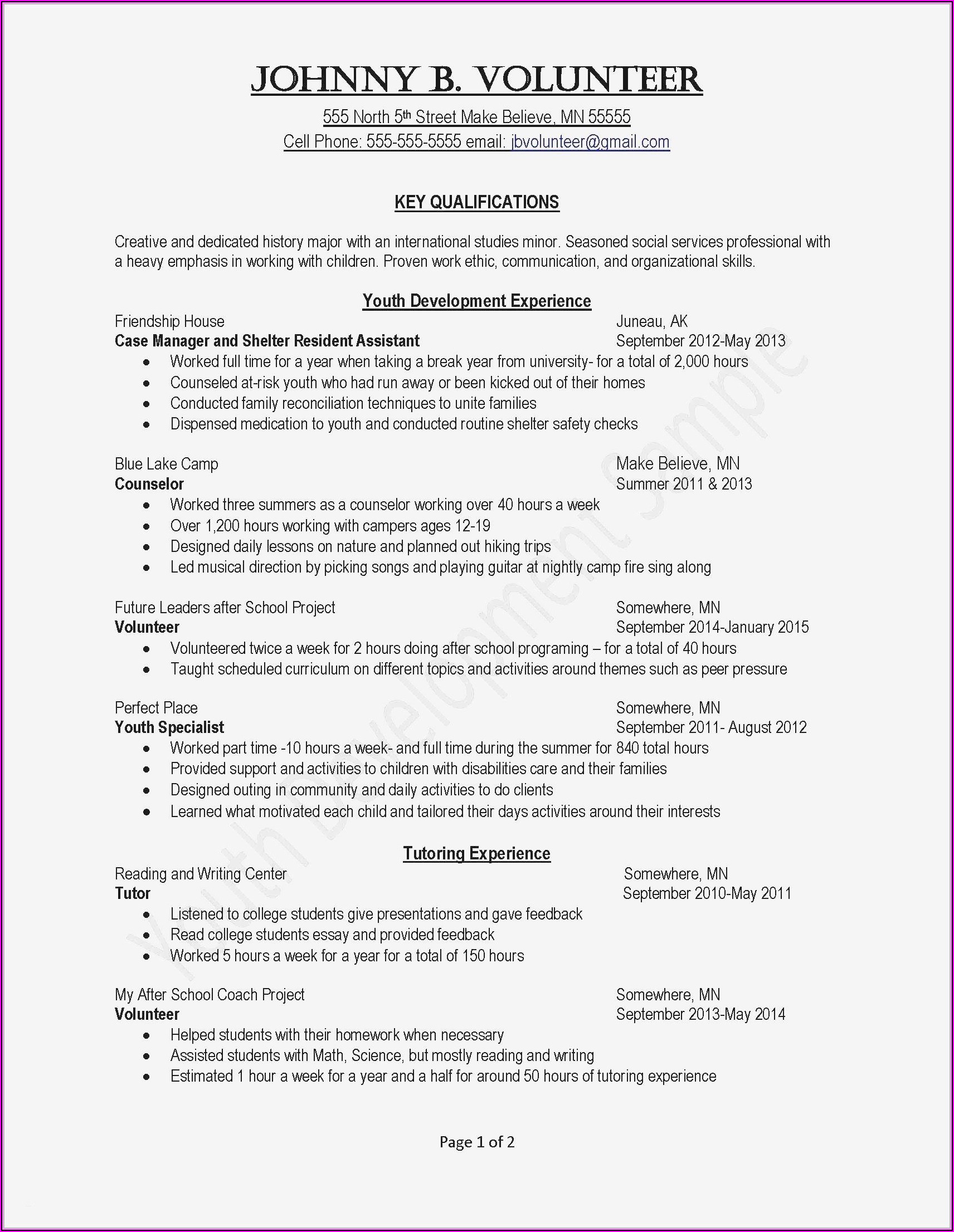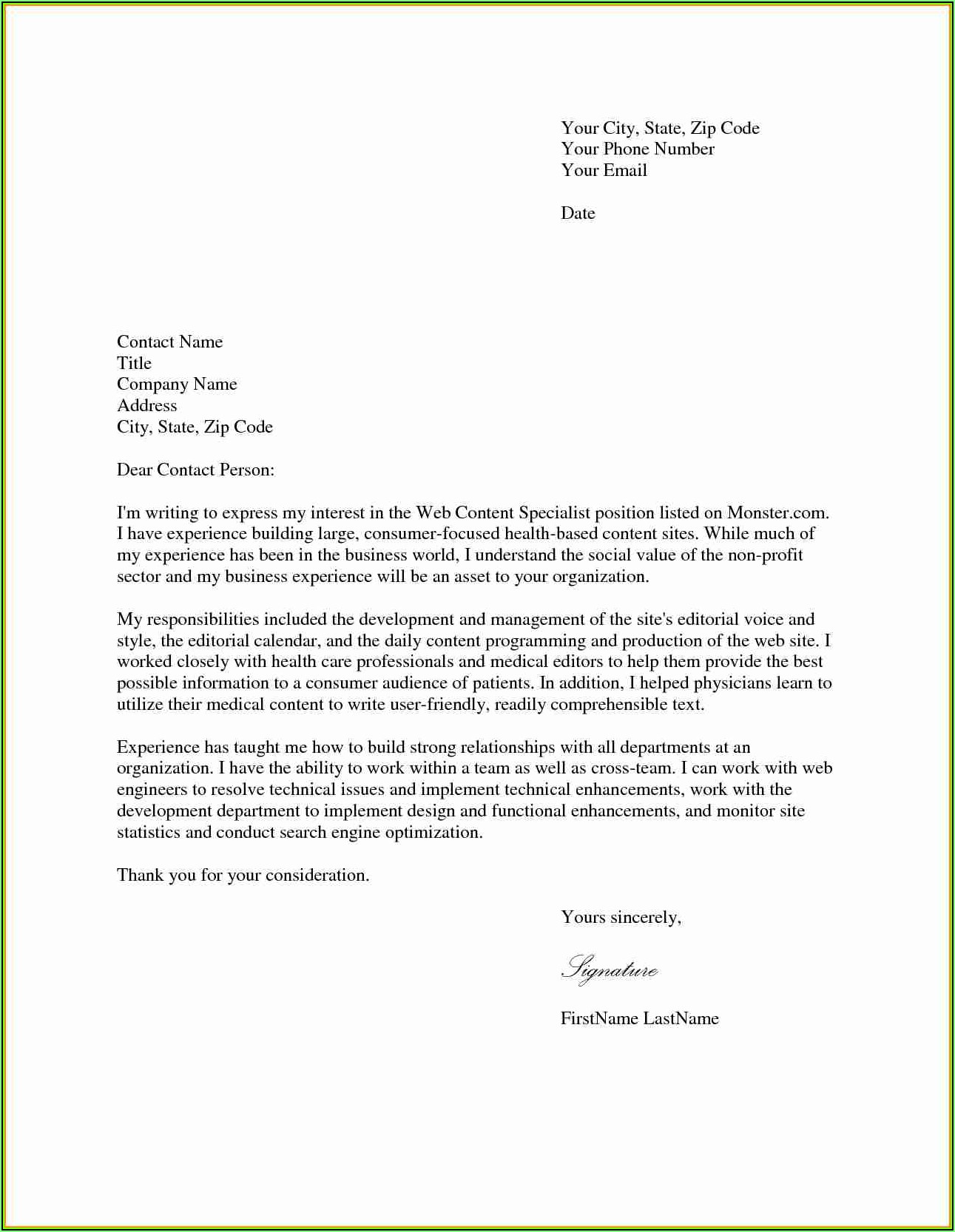
Hiring Deals professionals is always grueling. Utmost campaigners feel good for your open position, particularly if they’re given the occasion to vend themselves face-to- face or over the phone. Without a distinct frame as a reference point, it’s easy to misestimate a seeker’s qualifications for the job, particularly in a deals part where qualifications aren’t as objective as they’re for an mastermind or an accountant. Defining the conditions for your open deals position before you begin to screen campaigners will exponentially ameliorate your webbing sweats. These ten tips will help you define your open part in order optimize your deals recruiting process, weed out campaigners that are not a fit, and insure that you find the stylish possible seeker for the job.
1. Define Success
Begin with a simple overview of your own deals process and current deals platoon. What defines success for them? What motivates success within your company? Allowing along these lines will allow you to screen out campaigners whose delineations of success are inharmonious with yours; for illustration, if your deals platoon prides itself on its outstanding capability to meet client requirements, you may not want to hire a seeker who defines success solely by his commissions.
2. The Value Proposition
For this part, how important is the articulation of your value proposition? Is your value proposition fluently understood or must it be explained in depth? What backgrounds produce campaigners that acclimatize well to your value proposition? These subtle details allow you to look for common vestments that can govern your capsule screening process.
3. The Buyer
Whom do you vend to? Who are the applicable decision makers? How pivotal is a deep understanding of your buyer’s assiduity for this position? Is the seeker anticipated to have vended to these decision makers in the history? Is he or she anticipated to have a book of business? Defining your prospects for the seeker’s understanding of the buyer allows you to exclude numerous implicit campaigners.
4. Product & Product Complexity
Is your trade exemplary or transactional? How numerous products will this hire sell? To what degree can the product be customized and what specialized knowledge is needed for that customization? What products should the ideal seeker have vended in the history? Product-specific experience can be an important consideration in your webbing process, but keep in mind that campaigners outside your assiduity who have vended to analogous decision makers may also be a fit.
5. Customer Relationship Dynamics
To what extent does the prospect share information with your deals representatives? Is the intended relationship with the customer a full cooperation, asemi-customized product, or a sale? While screening campaigners, try to uncover experience that indicates that they will be successful in your company’s buyer- dealer dynamics.
6. Deals Process Metrics
What criteria define success for this position? Whether it’s number of cold calls per day, average deal size, or number of deals coincidently in the channel, how do you measure you current deals platoon? Of those criteria, what would be considered average and what would be outstanding? How do you anticipate this hire to be performing at 1 month, 3 months, 6 months, 1 time, and 2 times? Defining these prospects up front will snappily show which campaigners simply will not measure up.
7. Environment, Structure, & Culture
Does your company offer training? Is it a nature or nurture terrain? How would you define your platoon dynamics? How is your operation platoon structured? What tools and support are offered for this position? Though frequently the most overlooked aspect of deals hiring, terrain can be the most pivotal. While the stylish salesmen are frequently outliers, it’s important to hire someone that will be a great fit with your company’s culture and support systems.
8. Deals Platoon, Process, & Conditioning
What is the most important part of your deals process? Where do your company’s leads come from? How are they good? What happens after a salesman lands an account? Which conditioning enthrall utmost of your deals platoon’s time and why? Where do you anticipate this hire to concentrate utmost of his or her time? Numerous deals hires fail due to miscommunication about the deals process. Ask campaigners about their specific conditioning to uncover retired prospects; for illustration”what’s the first thing you do after hanging up the phone with a prospect?”
9. Home, Quota & Compensation
How important trip is needed? How are homes defined? What are the on- target earnings for the first two times? How do they break down in terms of base payment, commissions, lagniappes, and equity? While these attributes produce an objective sludge, take care not to exclude under-good campaigners; good deals professionals should always be looking for a step up in home, share, and compensation, not a step sideways.
10. Company Selling Points & Other
What is the stylish part of working for your company? What attracts people to your establishment? What does a seeker need to understand about your strategy, history, and future and why? Why should any seeker choose your position over any other? Pressing the stylish corridor of your open position will help you cast a wide net to attract a different pool of both unresistant and active campaigners.
